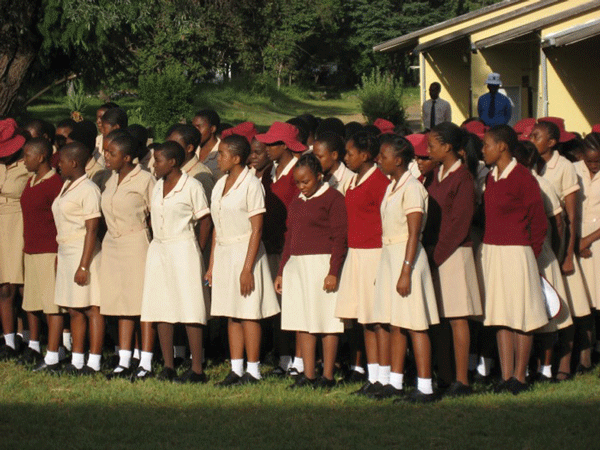
BY CRAIG MOYO / Stephen chadenga
PARENTS yesterday said they were struggling to send their children back to school for the second term as they were failing to cope with rising fees and cost of living against stagnant salaries.
Schools open for the second term today and parents who spoke to Southern Eye yesterday said they had to cut back on other essential services so they could send their children back to school.
“I had to pay $900 for fees, uniforms and stationery for my child. It was a very hard time for me to raise this money since what I earn is not much. I had to save the money to send my son back to school,” said Hector Ncube, who said his son was in Form 4 at Tsholotsholo High School.
Nothando Mahlangu, from Nkulumane, said the economic situation was grim, and she had struggled to raise the required fees.
She said she had to enlist the help of relatives in the diaspora.
“The price hikes of most basic commodities in the country have affected all parents who are sending their children to boarding schools, as we have to buy our children food and stationery,” she said.
“I had a torrid time preparing for my daughter to go back to school. What I earn is not enough and I resorted to asking my relatives who are in South Africa to buy food there as it is more cheaper than this side.”
- Chamisa under fire over US$120K donation
- Mavhunga puts DeMbare into Chibuku quarterfinals
- Pension funds bet on Cabora Bassa oilfields
- Councils defy govt fire tender directive
Keep Reading
Another parent, Vusumuzi Ncube, said: “We had to queue in banks for days to get the little money we earn. We had little choice as schools are now demanding that in addition to other groceries, we also have to buy mealie meal as well.
“But after buying all the groceries, I have been left with nothing in my pockets or even electronic accounts. But this is the price we are paying for investing in the future of our children.” Some parents in the Midlands City of Gweru said the tough economic environment had forced them to withdraw their children from boarding schools as they could not raise the required fees.
A snap survey conducted by Southern Eye revealed that on average a boarding school which used to charge between $600 and $700 fees per term was now demanding at least double the amounts.
“You can’t really blame the schools given the skyrocketing prices in goods and services,” said a parent from Ascot Infill, James Chiseko.
“I had to withdraw my daughter attending boarding school in Masvingo because they increased the fees to $1 500. I am a civil servant earning about $450 and you can imagine how I would raise double that amount for fees alone.”
Another parent from Mkoba, Netsai Moyo said the total amount needed for fees, books and school uniforms made it “practically impossible” to continue sending her son who is in Form 3 to a boarding school.
“I calculated the total needed for fees, winter uniforms and books and it amounted to $3 000,” she said.
“In all honesty, it’s just practically impossible to continue sending my child to boarding school so I would rather send him to a local day school. The major challenge is that our incomes have not changed to match the ever-increasing prices of goods and services.”
Several other parents expressed the same sentiments with some private schools reportedly demanding fees to be paid in United States dollars.
Kudzanai Bus Terminus, which used to be hive activity a day before schools open was a pale shadow of itself as few parents and children were boarding buses to their various destinations.







